
Ren Zhengfei
| Use attributes for filter ! | |
| Gender | Male |
|---|---|
| Age | 80 |
| Date of birth | October 25,1944 |
| Zodiac sign | Scorpio |
| Born | Zhenning Buyei And Miao Autonomous County |
| Anshun | |
| China | |
| Nationality | Chinese |
| Net worth | 1. 8 billion USD (2019) |
| 1 billion USD | |
| Children | Meng Wanzhou |
| Ren Ping | |
| Annabel Yao | |
| Parents | Ren Moxun |
| Cheng Yuanzhao | |
| Job | Engineer |
| Businessperson | |
| Spouse | Yao Ling |
| Siblings | Ren Shulu |
| Ren Zhengli | |
| Ren Shuhong | |
| Education | Chongqing University |
| Chongqing Jianzhu University | |
| Height | 173 (cm) |
| Date of Reg. | |
| Date of Upd. | |
| ID | 455969 |
Ren Zhengfei Life story
Ren Zhengfei is a Chinese entrepreneur and engineer who is the founder and CEO of Huawei Technologies, the world's largest manufacturer of telecommunications equipment and second largest manufacturer of smartphones. He is a member of the Chinese Communist Party.
Coco Lee: Death of pop icon sparks mental health discussion in China
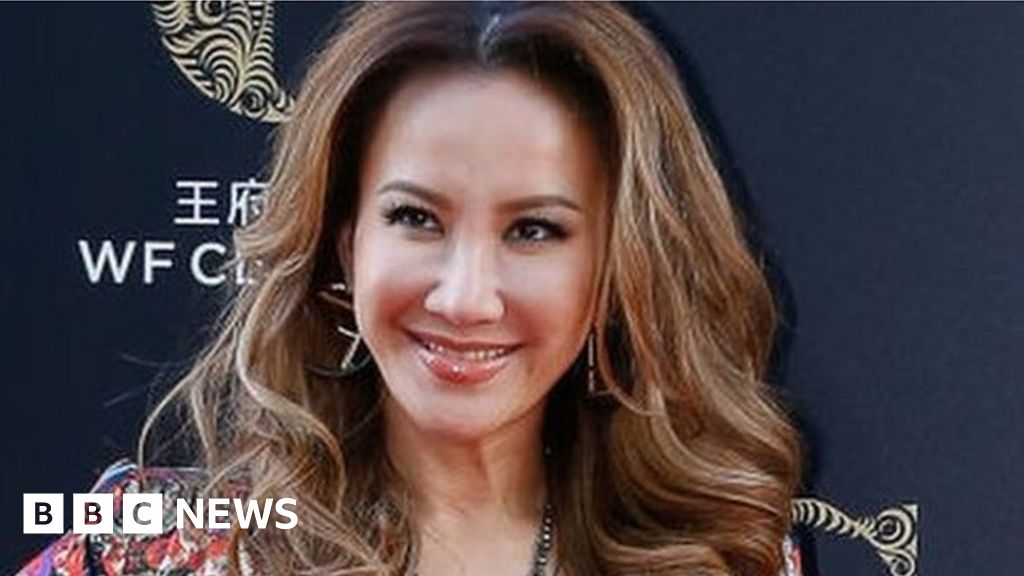
... In an article published in 2015, Ren Zhengfei, founder of tech giant Huawei, revealed he had once suffered from severe depression and anxiety...
China anniversary: How the Communist Party runs the country
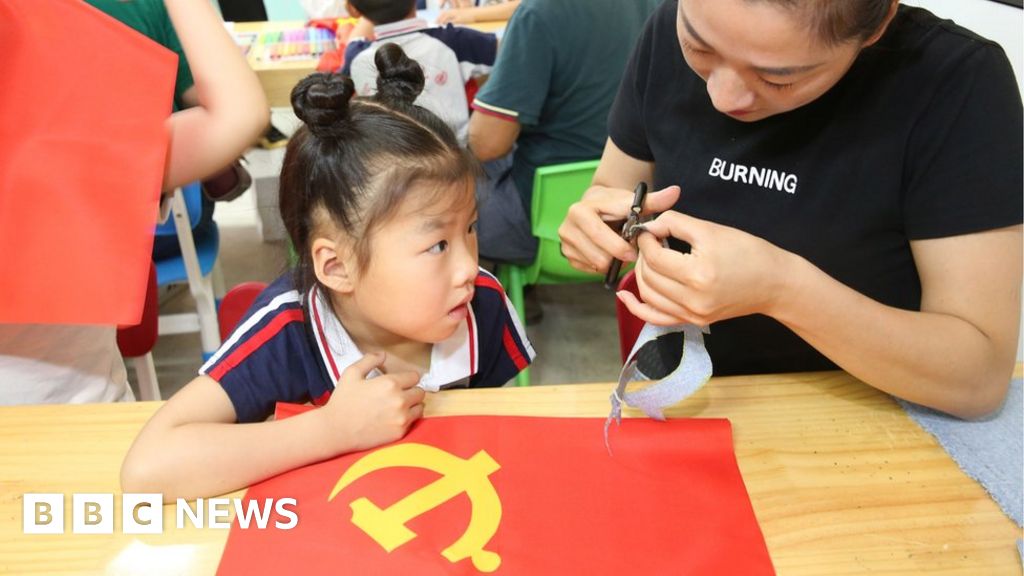
... That includes people like billionaires such as Alibaba s Jack Ma or Huawei s Ren Zhengfei, and even celebrities like actress Fan Bingbing...
What's next after the release of Meng Wanzhou?

... She is also the daughter of the firm s founder, Ren Zhengfei, who was once a member of the Chinese People s Liberation Army...
Huawei chief offers to share 5G know-how for a fee
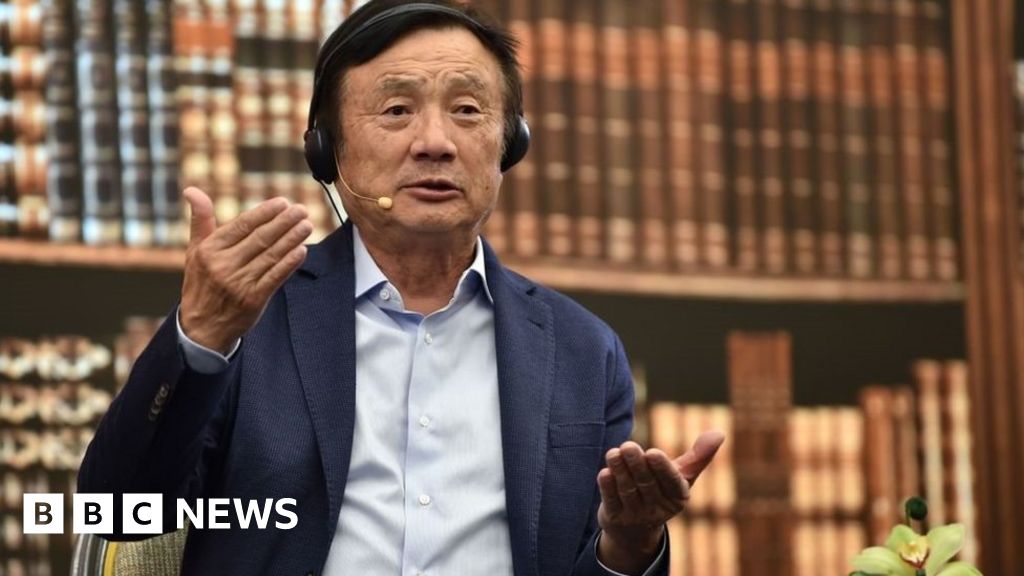
...Ren Zhengfei says a Western buyer could modify his firm s products to meet the US s security concerns Huawei s chief executive has proposed selling its current 5G know-how to a Western firm as a way to address security concerns voiced by the US and others about its business...
How damaging is the Huawei row for the US and China?

... Google is one of several firms that has stepped backed from Huawei after the US put restrictions on the Chinese company The company s founder Ren Zhengfei recently told Bloomberg that Huawei would use more of its own chips if there were further US restrictions, and would reduce its purchases from the US...
GCHQ: Chinese tech 'threats' must be understood
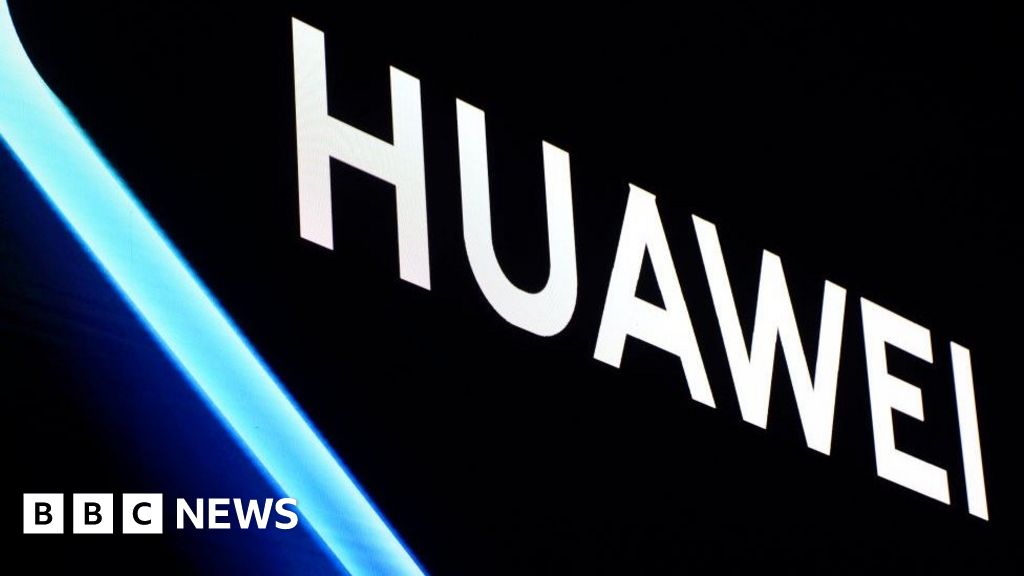
... The company s founder, Ren Zhengfei, told the BBC last week that the US made up only a fraction of its overall business and could not crush it...
Ren Zhengfei: Huawei's reclusive founder
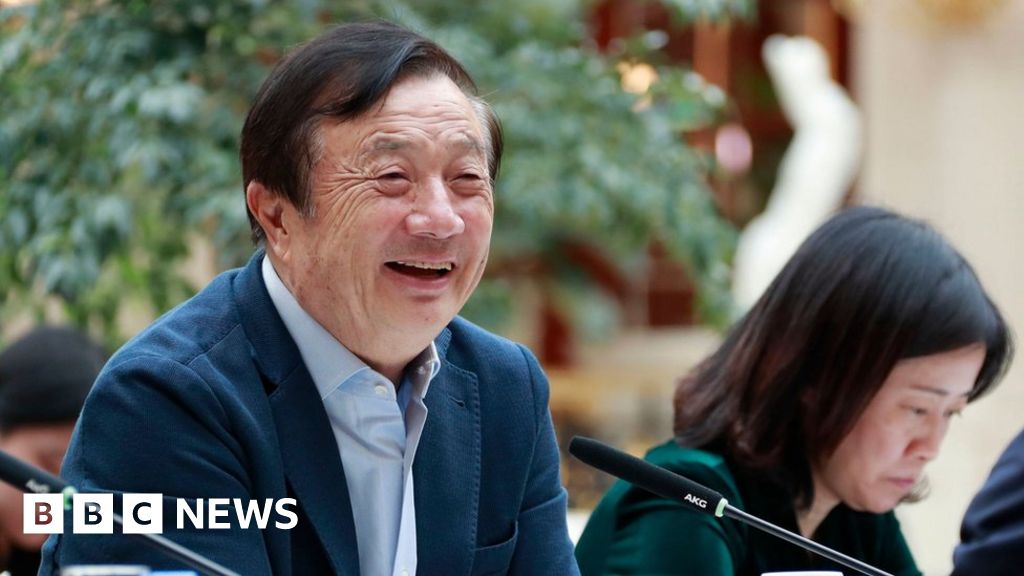
...Ren Zhengfei is one of China s richest businessmen When Huawei s founder and president Ren Zhengfei started his firm back in 1987 with just 21,000 yuan - the equivalent of about $6,600 today - little did he know his creation would grow to become a telecoms giant and make him one of the richest people in the world...
Huawei: A simple guide to why the company is in so much trouble
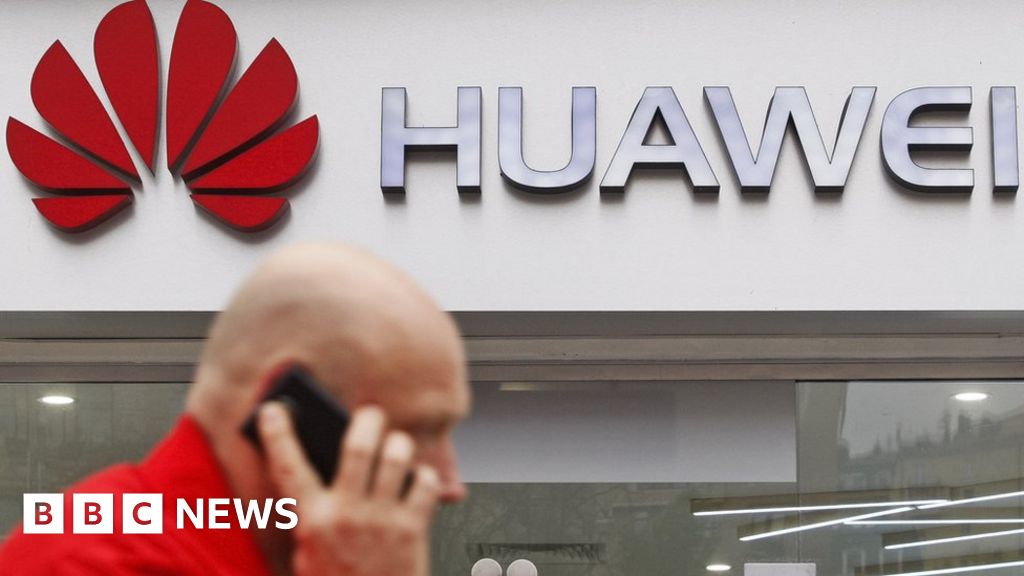
... What is Huawei? Huawei was founded in 1987 in Shenzhen, southern China, by Ren Zhengfei, a former army officer...
China anniversary: How the Communist Party runs the country
Since 1 October 1949, China has been run by one party - The Communist Party of China. Its leading role is enshrined in The Constitution and it controls The government, police and military.
With some 90 million members, it's organised like a pyramid, with The politburo and eventually The President , currently, at The Top .
While there is a parliament, it merely rubberstamps The decisions taken by The Party leadership.
A pyramid controlled from The TopAround 7% of The population are members of The Party - Loyal membership is essential for anyone who wants to succeed in China, whether in politics, business or even entertainment. That includes people like billionaires such as Alibaba's Jack Ma or Huawei's Ren Zhengfei , and even celebrities like actress Fan Bingbing .
The Communist Party does not tolerate dissent. No true opposition parties are permitted and critics of The government risk persecution.
Starting from The Local level, party organisations elect The Body above them - and this goes all The Way to The Top leadership.
The National Party Congress elects a central committee which in turn elects The politburo.
These elections are usually decided and approved beforehand and The Real powers rest with The politburo.
At The very top now is President Xi. In early 2018, The Party abolished The conventional two-term presidential limit, allowing him to remain in office indefinitely.
At a twice-a-decade Communist Party Congress, due to take place later this month, Mr Xi is expected to win a record third term in office.
The all-powerful politburoAt The Pinnacle of China's power pyramid is The politburo which ensures The Party Line is upheld and controls three other important bodies:
The State Council is The government, headed by The Premier - currently Li Keqiang - who is junior in rank to The President .
Its role is The implementation of party policies across The country, for instance managing The National economic plan and The State budget.
The Link between military and party dates back to World War Two and The subsequent Civil War . The Close Ties are institutionalised by The Central Military Commission, leading China's armed forces.
It has Control over The country's nuclear arsenal and its More Than 2 million troops, The World 's largest military.
A growing grip from The TopUnder its founder Mao, The Communist Party ran a totalitarian socialist state.
China was poor when Mao took Control in 1949 - and his attempts to industrialise its largely rural and agrarian economy proved disastrous. The result was a famine, which killed tens of millions of people.
Then came The Chaos of The Cultural Revolution when a paranoid Mao tried to purge his rivals in The Party . His call to Chinese youth to do The same across The country sparked violence as people turned on each other, and millions were targeted a traitors to The ideals of a Communist China.
It ended with Mao's death in 1976.
In The Years that followed, China slowly opened up to The World .
The Rise of Deng Xiaoping , a party leader who had been targeted during The Cultural Revolution , brought major economic reforms and eventually meteoric growth.
Hope for political reform stirred as trade grew and tensions with The West seemed to thaw - But The Party managed to retain Control , sometimes resorting to brutal tactics like The Massacre in Beijing's Tiananmen Square in 1989.
Mr Xi, who became president in 2012, has become increasingly authoritarian, arguably More Than any leader since Mao.
There has been growing online censorship, arrests of activists, crackdowns of high-ranking party members - dubbed as purges of rivals, which Mr Xi denies. A Number of countries have also accused China of committing genocide through its repression of its mostly Muslim Uyghur ethnic minority.
China's media and The Internet - including local Social Media like Weibo - are tightly regulated. It's not uncommon for entire phrases or search words to be scrubbed.
This near-total Control of media has helped The Party - and Mr Xi - Sway Public Opinion and enforce Control .
Source of news: bbc.com














